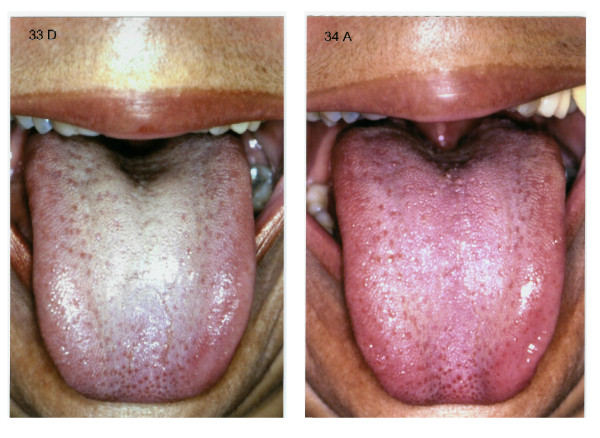Tongue Trouble: A Clue to Deeper Health Issues
Have you ever taken a close look at your tongue? If it resembles the image on the left, characterized by a white coating or redness, you might have a yeast or candida overgrowth. While this might seem like a minor issue, it could be linked to a variety of health problems, including skin conditions, anxiety, and ADHD. Let's delve into the root causes and explore potential solutions.
1. Leaky Gut
A leaky gut, or increased intestinal permeability, can allow harmful substances, including yeast, to enter the bloodstream. This can trigger an immune response and contribute to systemic inflammation, leading to various health issues.
2. Beneficial Bacteria
A healthy balance of beneficial bacteria in your gut is crucial for maintaining overall health. When this balance is disrupted, yeast can overgrow. Probiotics can help restore this balance and support a healthy gut.
3. Blood Sugar Regulation
Yeast thrives on sugar. Consuming excessive amounts of sugary foods and drinks can create an environment that favors yeast growth. Maintaining stable blood sugar levels is essential for preventing yeast overgrowth.
4. Bile Acids/Bile Flow
Bile acids play a role in digestion and can help control yeast growth. If your bile flow is impaired, yeast can proliferate. Supporting healthy bile production and flow can be beneficial.
5. Paneth Cells
Paneth cells are specialized cells in the small intestine that produce antimicrobial peptides. These peptides can help control yeast growth. Factors like stress and certain medications can impair Paneth cell function.
6. Antifungals
In severe cases, antifungal medications might be necessary to address a yeast overgrowth. However, it's essential to consult with a healthcare professional before starting any new treatment.
7. Hormone Regulation
Hormonal imbalances can contribute to yeast overgrowth. Conditions like hormonal birth control, pregnancy, and menopause can affect the body's hormonal environment and create conditions favorable for yeast proliferation.
8. Improve Your Diet
A diet rich in whole, unprocessed foods, fruits, vegetables, and lean proteins can support a healthy gut and help prevent yeast overgrowth. Limit your intake of sugary foods, refined carbohydrates, and excessive alcohol.
Remember, it's crucial to consult with a healthcare professional for a proper diagnosis and personalized treatment plan. By addressing the underlying causes and making lifestyle changes, you can effectively manage yeast overgrowth and improve your overall health.

